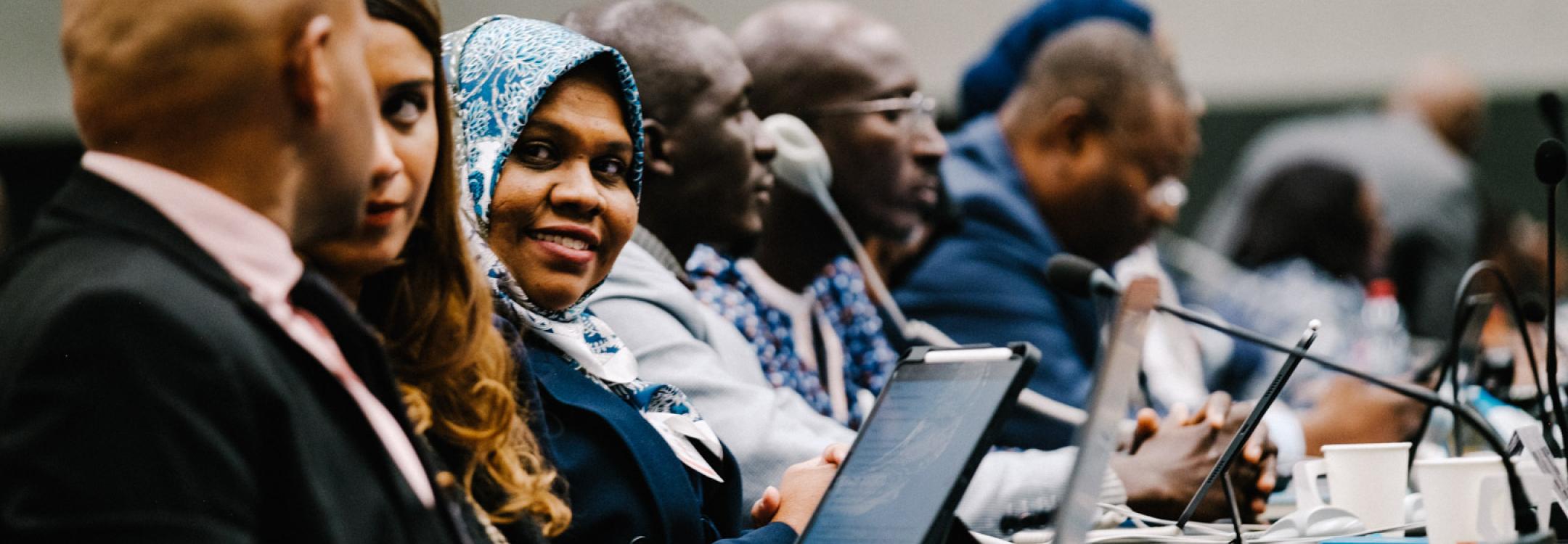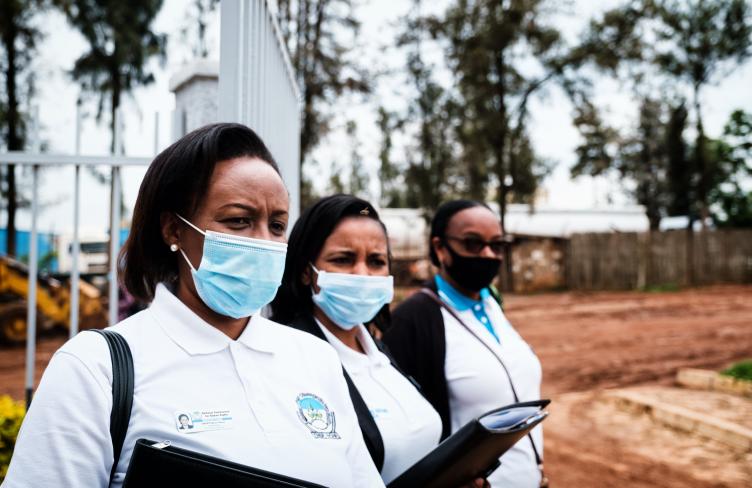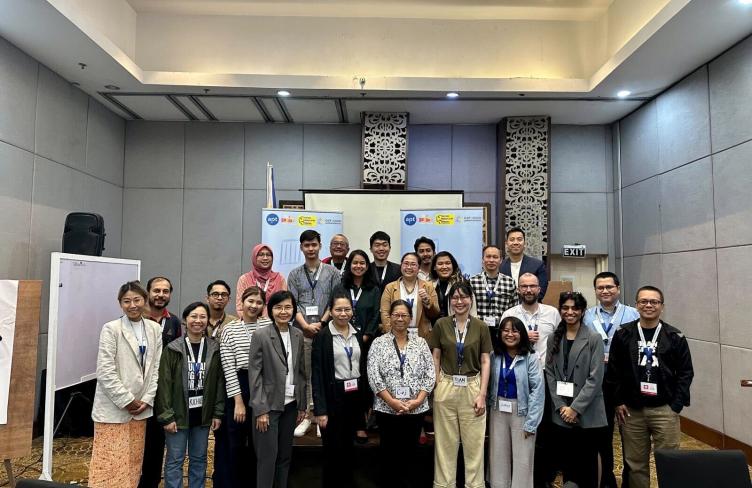
Representatives from more than 90 national human rights institutions (NHRIs) have shared their insights and experiences to prevent torture and ill-treatment at an international meeting in Geneva.
Across all four global regions, NHRIs reported that they had extended their monitoring visits to non-traditional places of detention, including psychiatric institutions, immigration detention centres, homes for the elderly and even transporting vehicles for detainees.
NHRIs also shared how they had established monitoring approaches that now included a focus on groups who can face additional vulnerabilities in detention, including LGBTI+ persons, persons with mental health issues and women with children in prison.
In many cases, NHRIs conducted this monitoring work in their role as the national preventive mechanism (NPM), designated under the Optional Protocol to the Convention against Torture.
However, NHRIs commonly have a mandate to investigate allegations of torture and other ill-treatment in places of detention. Participants said this ‘dual mandate’ required them to develop clear systems and internal coordination that reflected the different methodologies that underpin human rights investigations and preventive monitoring.
In addition, some NHRIs shared how they had successfully used strategic litigation or advocated with lawmakers and authorities to press for changes on issues related to solitary confinement and the rights of trans prisoners.
It was inspiring to hear how NHRIs are working – often in incredibly challenging settings – to uphold the fundamental right of each person to be free from torture. One added value of this kind of exchange for many of them is simply to know that they are not alone."
The APT helped facilitate these discussions, which were held as part of a Knowledge Exchange session of the 2023 Annual Meeting of the Global Alliance of National Human Rights Institutions (GANHRI) on 15 March.
NHRIs reported common challenges in their efforts to prevent torture and ill-treatment including: planning and conducting visits to places of detention across vast territories; limited financial resources to undertake this work; and being denied access to certain facilities by local officials who may not recognise their mandate. The physical security of monitoring teams was also an issue in certain countries.
Some NHRIs also highlighted the need for specific medical expertise in their monitoring teams, particularly when visiting psychiatric institutions and long-term care facilities, where medicalised arguments can be used to justify problematic practices.
To strengthen their work, many NHRIs have developed strong partnerships with civil society organisations at the national level, as well as with UN bodies, such as OHCHR and UNDP, to build their capacity on planning and conducting visits. The practical advice and support provided by the APT was also acknowledged by NHRIs in all regions.
The APT looks forward to continuing these discussions and to working closely with GANHRI to prepare for the 14th International Conference of NHRIs, to be held in Copenhagen in November 2023, which will focus on the critical role of NHRIs to prevent and respond to torture and ill-treatment.



